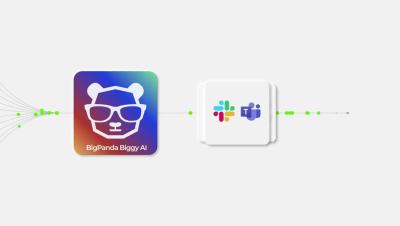Managing IT operations during a crisis
As work environments for entire industries continue to evolve between on-site, remote, and hybrid models, the performance of IT operations (ITOps) teams is more critical than ever. If you need proof, just remember the global impact of the CloudStrike outage. Operations teams must monitor, triage, communicate, and manage incidents 24×7 across all services. SaaS, legacy on-premises, and homegrown tools and systems are all stretching to meet business demand. Customer expectations are ever-increasing.











